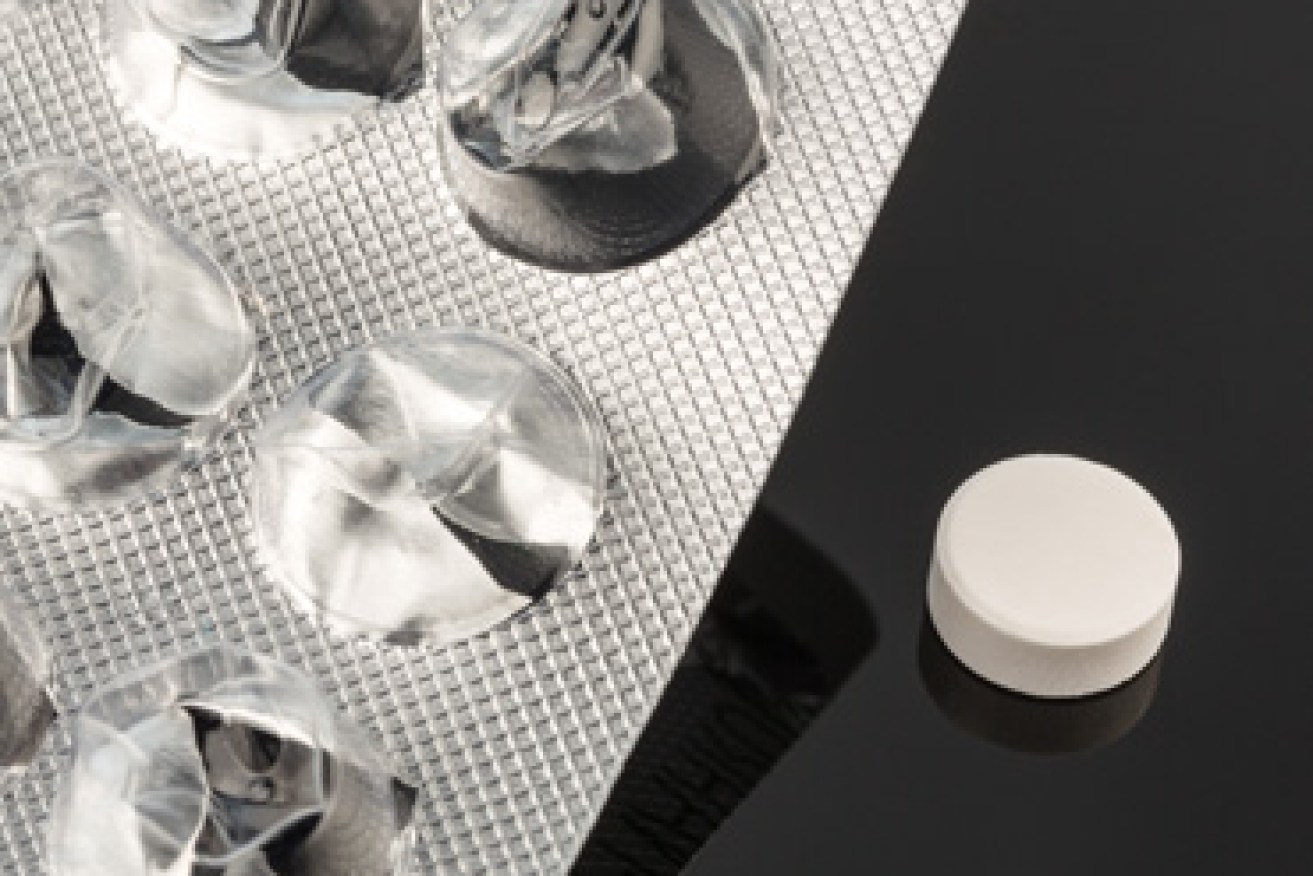Slumber, that most precious stuff of dreams, has been destroyed by bright lights and endless screen time, a group of sleep experts has warned.
Many of us accrue sleep debts each week, for which we scrimp to repay on weekends, leading us to forget what ‘being really, truly rested’ actually feels like, the National Sleep Foundation in the US reported last week.
“Stimulants like coffee and energy drinks, alarm clocks, and external lights interfere with our ‘circadian rhythm’ or natural sleep/wake cycle,” its report said.
• Click on the owl to learn your ideal sleep time
• Why older Australians need to eat more, not less
• Dieting vs exercise: which is better for you?
After examining more than 300 sleep studies, the foundation quantified just how many hours each age group needs – statistics mostly supported by Australian experts.
“From adolescence onwards, most people are getting considerably less sleep than they should be getting,” Flinders University psychologist Professor Leon Lack, a sleep expert, agreed.

Bright blue lights kill sleep, but can also be used to wake up quicker. Photo: Shutterstock
But sleep need is “an elusive beast” to pin down, said Professor Lack, who tweaked the numbers based on his own research.
Rather than focussing on raw numbers, we should instead listen to our bodies, University of South Australia sleep researcher Dr Siobhan Banks told The New Daily.
“There’s a huge natural range in what people need,” Dr Banks said.
“If they feel bad – tired and sleepy – that probably means they need a little bit more, rather than going ‘Well, I’ve got my seven hours so I should be fine’.”
Thus, the real question is how exactly to beat insomnia.
Don some orange sunnies
Blocking blue light is “quite a big thing at the moment”, Dr Banks said.
Scientists have discovered that light exposure in the blue wavelength – especially the kind emitted by our phones, tablets and laptops – wakes us up, which is very unhelpful at night-time.
“By having bright light in the evening, it pushes your bedtime later,” she said.
Wearing orange-tinted sunglasses designed to block this harsh light, even when sitting in front of a computer screen, can make you sleepier, a recent study published the Journal of Adolescent Health found.
We can, however, turn light to our advantage by switching on lots of lights (or perhaps checking the news on your phone?) in the morning, which then triggers sleepiness earlier in the evening.
Exercise your way to unconscious bliss
Working out can make you tired and improve the depth of your sleep.
“Getting out and exercising can also relieve stress, just don’t do it too close to bedtime because obviously you’ll be all hyped up,” Dr Banks said.
Quit the booze
Drinking earlier in the day, or not at all, can improve your slumber.
While booze makes you drowsy, it makes for very poor quality sleep, Dr Banks said.

Insomniacs are using ‘scary’ hypnotic drugs to sleep, expert warns. Photo: Shutterstock
“You wake up a lot and it disrupts your sleep stages,” she said.
If you do drink to excess, add plenty of water, as hydration can also impact on sleep.
Melatonin, not sleeping tablets
Rather than dosing up on sleeping pills, some of which are “scary”, ask your doctor about melatonin supplements, Professor Lack said.
GPs are increasingly more willing to prescribe these supplements, which can be bought over the counter in the US.
“The benefit is that it helps you fall asleep a little bit more quickly by about five or six minutes,” Professor Lack said.
“It’s certainly better to take that than Benzodiazepine or other hypnotic drugs.
“People are taking major tranquillisers and very potent sedative drugs used for the treatment of Schizophrenia just to get to sleep, and they become dependent upon them.”









